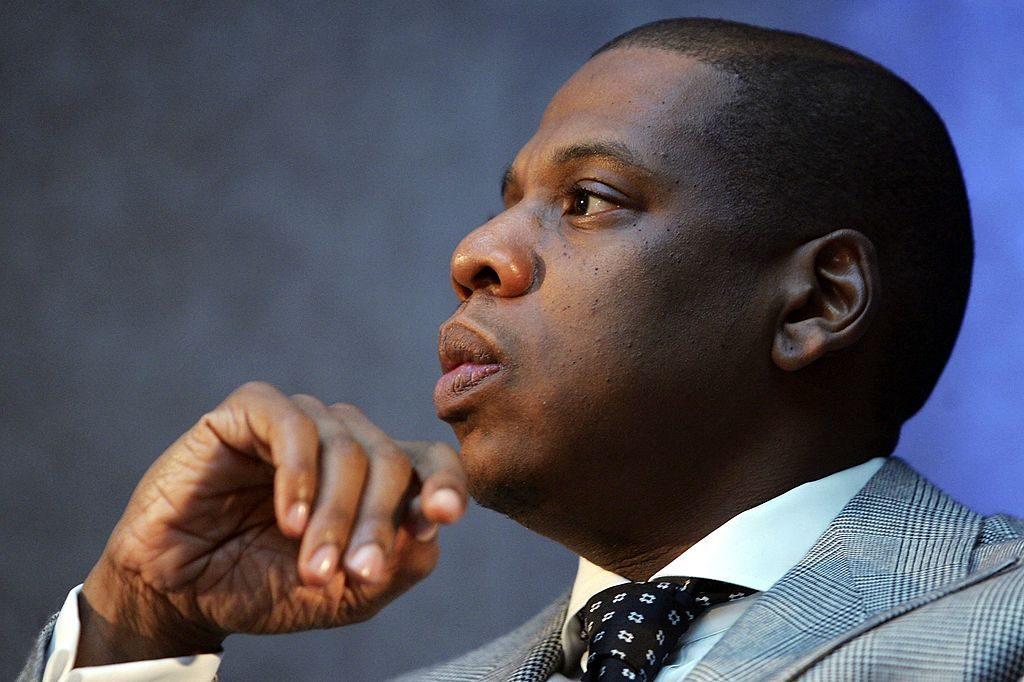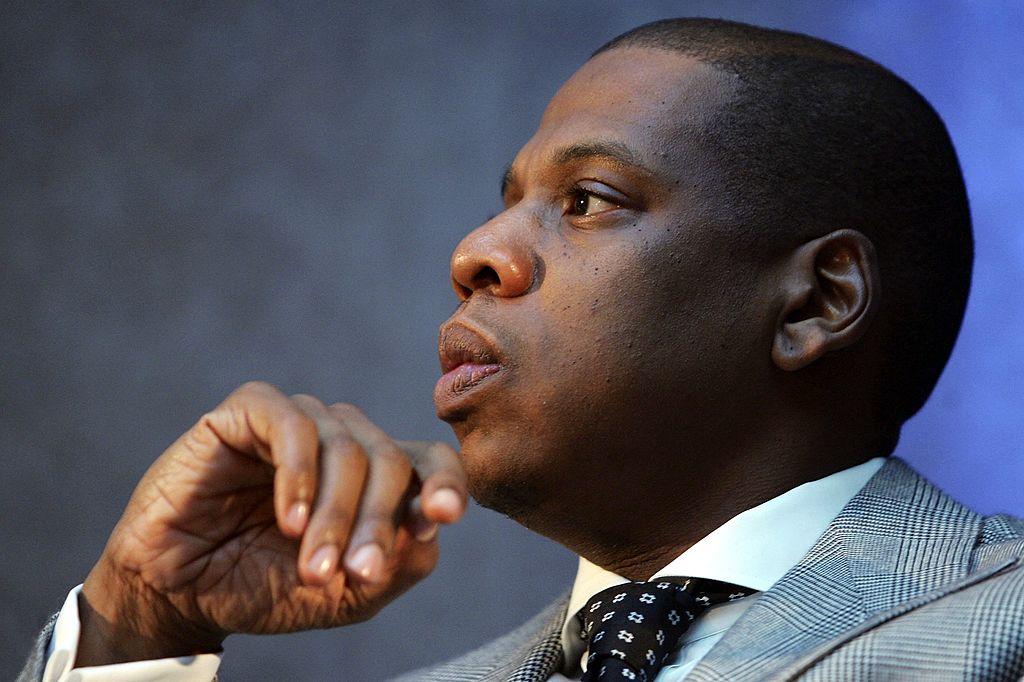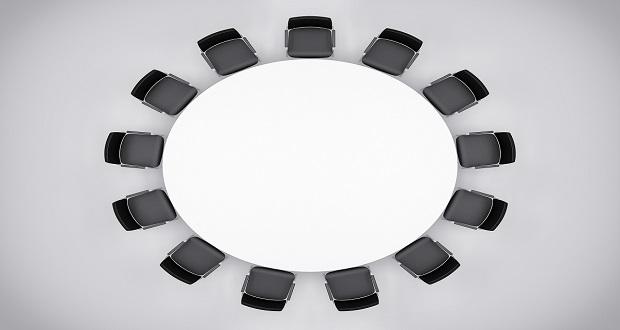
There has been no shortage of think pieces, critiques, analysis, and even praises following the news that businessman, producer, rapper and icon Jay-Z would be partnering with the NFL as an entertainment strategist and contributor to its social justice initiatives. During the announcement, Jay-Z positioned his partnership with the NFL as a step towards justice—even framing it as a continuance of the work that activist and former San Francisco 49er Colin Kaepernick began with his kneeling protests:
“This is a success; this is the next thing. ’Cause there’s two parts of protesting. You go outside and you protest, and then the company or the individual says, ‘I hear you. What do we do next?’ … Everyone heard and we hear what you’re saying, and everybody knows I agree with what you’re saying. So, what are we going to do?”
For many (including myself), the answer to this question certainly would not have been, “Strike a deal with the very organization that continues to uphold the systems of racism and capitalism that put Colin Kaepernick out of a job for taking a stance against injustice in the first place.”
But, here we are.
I’ve struggled with how to feel about Jay-Z’s decision to and rationale behind using this venture as a vehicle for social change and justice. It just doesn’t “sit well” with me. I’ve reflected on why, and those things that perhaps would’ve made this seem like a more impactful and genuine stride towards justice rather than a brilliant business deal. I’ve self-reflected: Maybe this wouldn’t seem as problematic if Colin, himself was also involved and consulted? Perhaps, if other social justice advocates were also seated around the table, it’d seem more like a deal with hopes of dismantling the system, rather than a deal that ultimately colludes with it. How powerful would it have been to also see current players who are still taking a kneel against injustice, like Eric Reid, sit alongside Jay-Z and everyone else at the table?
Then, there’s my apprehension related to some of the words Jay used to frame and (from my perspective) undermine the work Colin has done and sacrifices he’s made: “we’re past kneeling…. we got lost in him losing his job.” I would venture to say that Colin’s work hasn’t stopped at kneeling. The work he’s done with his Know Your Rights Camp across the country and the alliances he’s built with social justice grassroots and policy orgs are indicative of this. While I don’t believe Jay-Z intended to undermine Colin’s work, his words could be interpreted that way. And in the work around justice and equity, our words (just like our actions) matter.
What differentiates Jay-Z’s new partnership with the NFL from Colin’s long-time partnership with Nike considering both organizations have their own history of practices that prioritize profit over people & justice? Share on XNonetheless, I am hopeful that all of this will lead to sustainable change and justice. I am open—optimistic even. Moreover, all this has got me thinking about how we perceive this “work,” how people engage in it, and what it looks like done the “right” way—if “right” is even a thing. This line of reflection is a result of a conversation I had with a friend. He posed a series of questions that made me think about Jay-Z and Colin’s efforts to address social justice and inequity in their own way, particularly leveraging the partnerships they’ve forged with companies like the NFL and Nike. The first question: fundamentally, what differentiates Jay-Z’s new partnership with the NFL from Colin’s long-time partnership with Nike considering both organizations have their own history of practices that prioritize profit over people & justice? The second question: does our interpretation of these partnerships suggest a prioritization of some injustices and communities over others?
Does our interpretation of these partnerships suggest a prioritization of some injustices and communities over others? Share on XJust think about it. Amidst Nike’s emphasis on inclusion and justice in its marketing campaigns and support of Colin Kaepernick, it continues to be under scrutiny for its labor conditions across the globe. Inasmuch as the NFL espouses a commitment to social impact by way of its “Social Justice Initiatives” and new partnership with Jay-Z, we also know that many of the organization’s culture norms and structures still perpetuate inequity and racism. Both Jay-Z and Colin Kaepernick have leveraged their power and influence within the NFL and Nike respectively, to (from their perspectives) act in service of justice. Are they both due critique? Are they using their power strategically in hopes of (eventually) disrupting the status quo? Or are they colluding with it? From my perspective, Colin has lost quite a bit—but in some ways, he’s also made gains in his advocacy work and personally.
I’m still in my feelings about Jay-Z’s newfound “partnership,” and I am also still with Kaep. I haven’t come to any resolve around answers to the earlier questions posed, but I do believe they underscore the complexity and nuance of justice and equity work, the broader implications and flaws of attempting to do this work in a capitalistic system, and the inherent ‘humanness’ of those who engage in it.
The complexity and nuance of justice and equity work, the broader implications and flaws of attempting to do this work in a capitalistic system, and the inherent ‘humanness’ of those who engage in it. Share on X


















